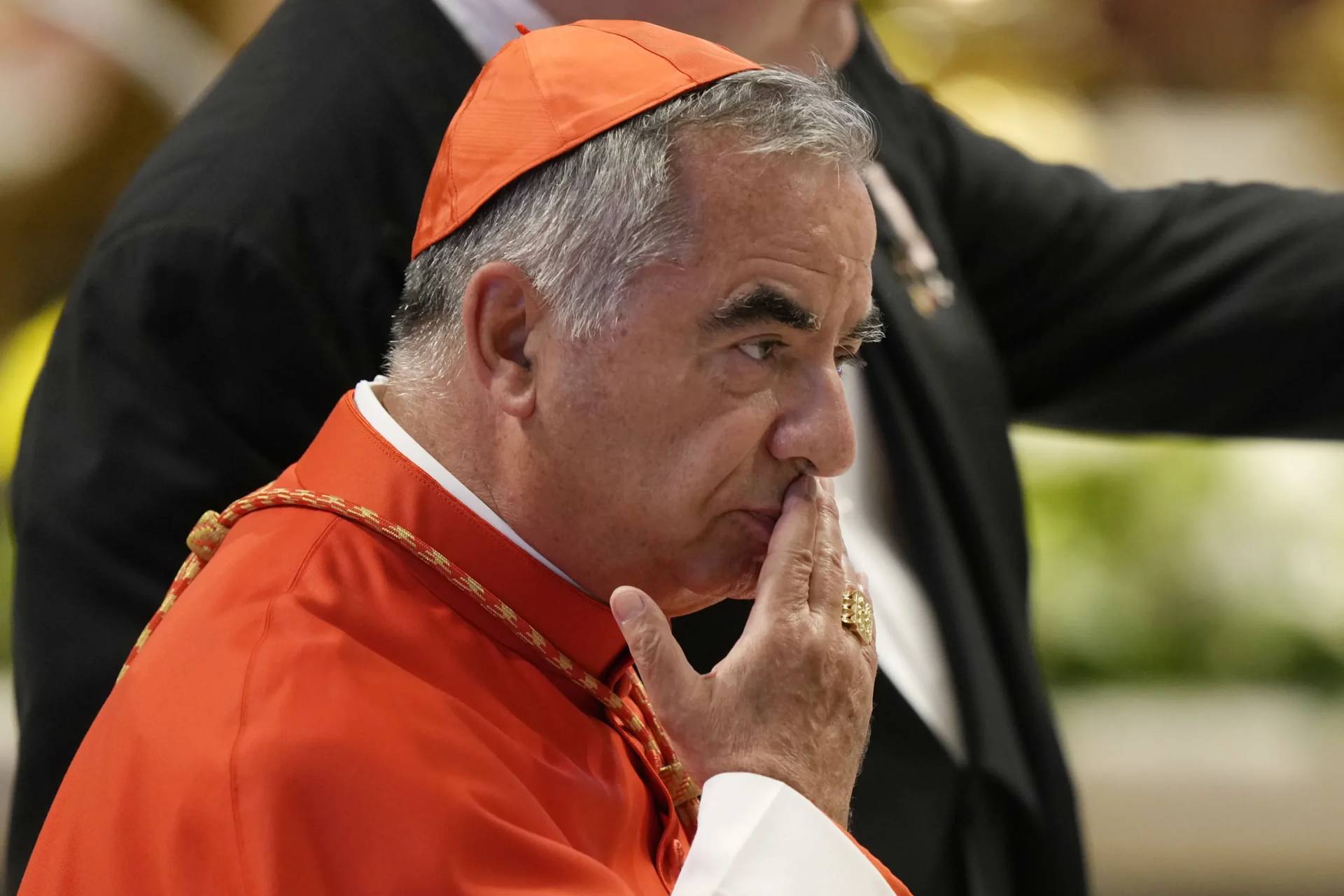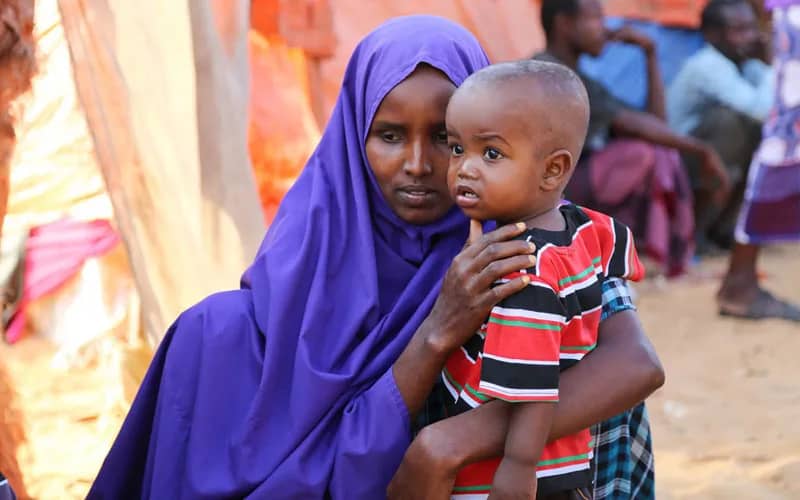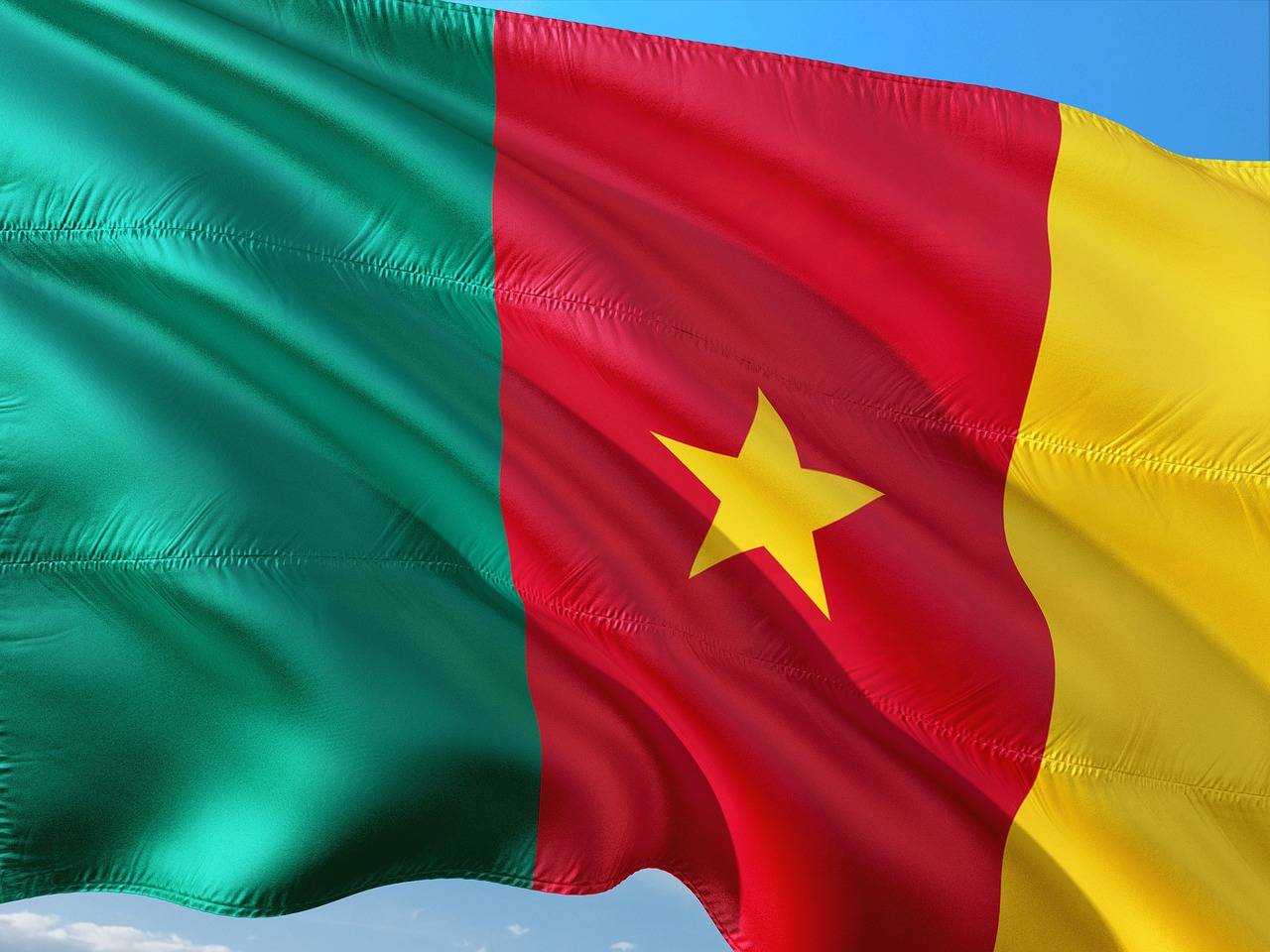ROME — There’s a sense in which a highly anticipated trip by Pope Francis to the United States, set for late September, actually began on Saturday when the pontiff dropped by the prestigious Pontifical North American College, Rome’s American seminary.
“This was a beautiful and significant premise to my apostolic journey to the United States,” Francis said on Saturday.
The pontiff made the visit to celebrate a Mass in remembrance of Junipero Serra, an 18th century Spanish missionary on America’s West Coast whom he’ll declare a saint while in Washington, DC.
The canonization has stirred controversy because of accusations that Serra mistreated Native Americans living in his missions, engaging in forced conversions and paving the way for the decimation of indigenous populations. On Saturday, however, Francis extolled Serra’s virtues.
During his homily, the pope referred to Serra as one of the “founder fathers” of the United States, saying he ushered in a “new springtime of evangelization” in the territories extending from Florida to California long before the pilgrims of the Mayflower reached the North Atlantic coast.
“His missionary zeal, his Marian devotion, and his witness of holiness are the key aspects of the life and example of Serra,” Francis said.
Francis commended Serra for taking the Gospel to the New World, pointedly insisting that he “defended the indigenous peoples against abuses by the colonizers.”
Francis’ Mass was the closing point of a day of reflection titled “Fra Junípero Serra: Apostle of California, and Witness to Sanctity,” organized by the North American College, the Vatican’s Commission for Latin America, and the Archdiocese of Los Angeles, with the support of the Knights of Columbus.
Earlier in the day, Canadian Cardinal Marc Oullet said the pontiff’s visit to the seminary was a way for Americans to “publicly begin receiving Pope Francis on his historic visit to the United States.”
Oullet, head of the Pontifical Commission for Latin America, defined Francis’ decision to join the day of reflection as a gesture of support to “the Church in America and the bishops of this great country.”
Born in Majorca, Spain, in 1713, Junipero Serra arrived on the American continent in 1749. After spending 16 years in Mexico, he arrived in Baja California and would eventually found more than a dozen missions. Some were the cornerstones of current metropolises such as San Francisco and Los Angeles.
LA Archbishop Jose Gomez took part in a panel that remembered Serra. He said Serra was not only a Hispanic Catholic, but also “having worked there, a Mexican immigrant.”
Gomez himself was born in Monterrey, Mexico, and is now an American citizen.
Gomez spoke on the Hispanic contribution to the United States, saying Serra’s canonization represents a call for the country to remember “its deep Catholic roots” and to understand that the missionaries, and Serra in particular, were also among the nation’s founders.
Speaking to Crux afterwards, Gomez said that for the Latino community living in the United States, the canonization is a “reason for joy” because Serra “helps all of us understand that the founders of our country were the pilgrims who came from the Northeast, but also the Hispanics who came from the South.”
Addressing the controversies surround Serra, Gomez said “Junipero was especially respectful of the Native Americans, opposing the Spanish military and government to make sure they were treated properly.”
According to Gomez, Serra’s history is deeper than the one told by newspapers and even many history books, arguing that the missionary worked to build a nation called to protect cultural exchange and human life.
“Serra should be remembered as a pioneer of human rights in America,” Gomez said.
Gomez also said that the canonization of Junipero Serra is full of symbolism. He’ll be the first Hispanic saint from the United States, declared so by history’s first pope from the Americas, at a time in which immigration from Mexico is reshaping the face of the Catholic Church in the United States.
Roughly one-third of the almost 70 million Catholics in the United States are believed to be Hispanic, and that percentage is steadily growing. Some experts have dubbed that trend the “browning” of the Catholic Church in America.
Gomez argued it’s also fitting Serra will be remembered as a “Pope Francis saint,” because he taught that the Church’s call to evangelization is one of mercy.
“He had great compassion and love for the native people, he was a man of mercy,” Gomez said.
Mercy is considered a defining element of Francis’ own spirituality. Among other things, his papal motto is “choosing through mercy.”
Italian Rev. Vincenzo Criscuolo, General Relator of the Congregation for the Causes of Saints, was also part of the panel that reflected on the life of Serra. He addressed the shadow of doubt that looms over Serra by claiming that his name is being “stained by ideological reasons” that have little to do with history.
Criscuolo said that through the letters and other writings of Serra, it’s clear that both he and the Franciscans who opened the missions in California and Baja California were concerned about the abuses the Spaniards could commit with the Native Americans, and that the missions were founded specifically to protect them.
Uruguayan Guzman Carriquiri, secretary of the Vatican’s Commission for Latin America, also addressed the controversies around Serra, saying that to treat him as a criminal who was complicit in genocide is “ridiculous, and a cruel calumny that has no support in real historian research.”
Carriquiri noted that Serra referred to the natives as “gentiles” at a time when the conquering Spanish army spoke of them as “barbarians.”
Carriquiri argued that US army policies in the 1800s toward Native Americans, aimed at driving them from their traditional lands in a way that devastated their communities, should not taint the work done by Serra and the missionaries.
Serra’s canonization will take place Sept. 23 with a Mass celebrated on the campus of the Catholic University of America in Washington, DC.
While in the country, Francis will also become the first pope in history to address a joint session of Congress in New York and to open the Special Session of the United Nations General Assembly. He will also participate in a Vatican-sponsored World Meeting of Families in Philadelphia.














